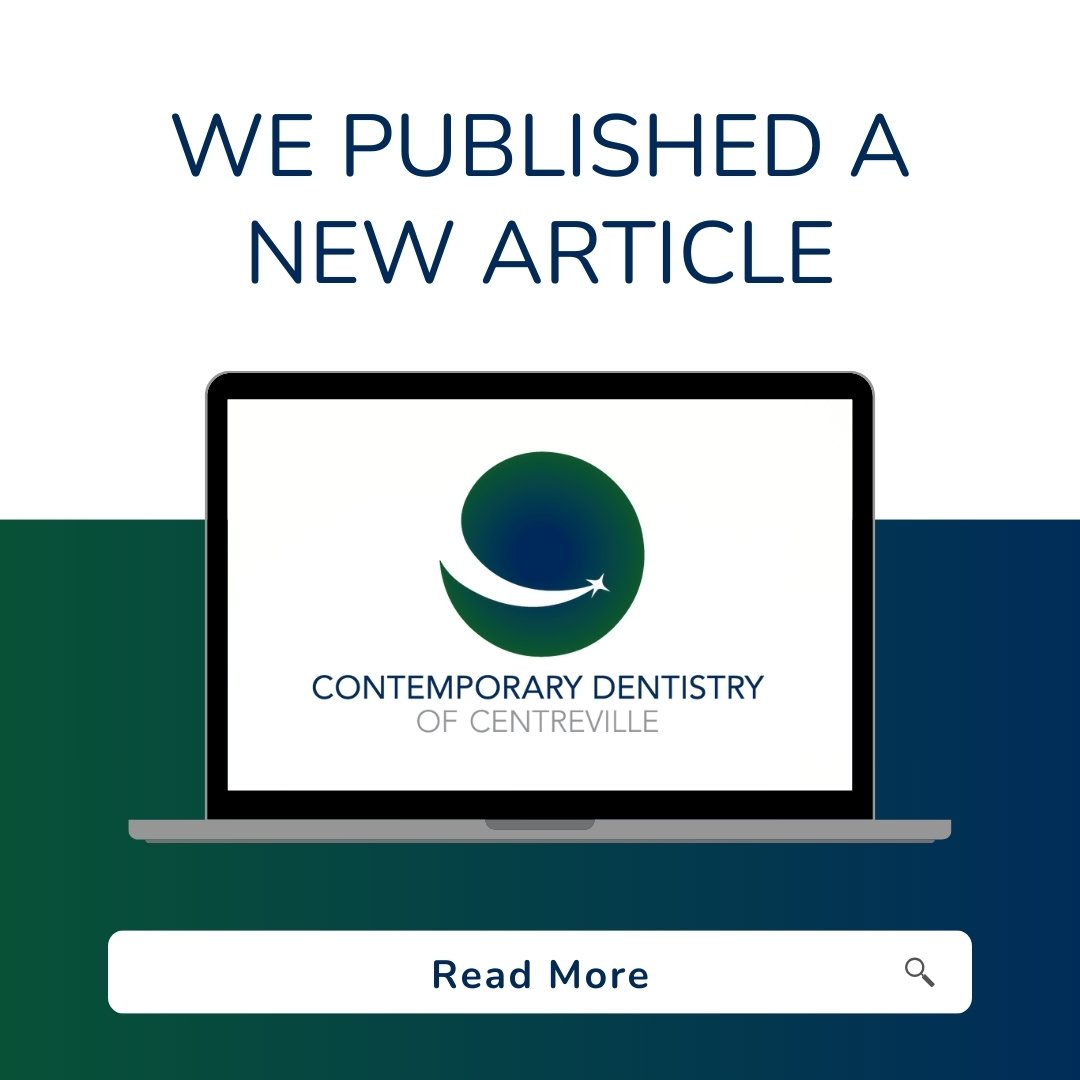
MOST PEOPLE OUTSIDE of teeth-related professions probably only think about their teeth when something’s wrong, like when there’s something stuck between them in the middle of a date, they’re sore from a toothache, or they’re stained after drinking coffee or juice. That’s why we thought our patients would appreciate an opportunity to think about teeth in a more fun and interesting context. So get ready, because it’s time for some dental trivia!
You Probably Didn’t Know…
These are seven of our favorite pieces of dental trivia! How many of them did you already know? If you know any cool dental facts we didn’t include in our list, feel free to share them in the comments!
- A Lifetime Of Brushing: If you brush your teeth for two minutes twice a day, that means you’re spending a whole day brushing your teeth for every year of your life! Keep up the great work!
- First Impressions: After your eyes, your smile is what people notice most about you, so make sure you’re taking care of it!
- Teeth Tattoos: It is possible to tattoo your teeth, though technically the tattoo is on a cap or crown that covers the tooth, not the tooth itself. (We probably wouldn’t recommend this one!)
- Super-healing: The mouth heals faster from injuries (like a bitten cheek or burned tongue) than any other part of the body. This is because of the ample blood supply, the simplicity of the tissues in the cheeks, tongue, and gums, and the healing properties of saliva.
- Congenitally Missing Teeth: Most of us will have 20 baby teeth and between 28 and 32 adult teeth (depending on how many wisdom teeth we have) in our lifetime, but for 3-8 percent of the population, some of those teeth might never develop at all!
- Baby Teeth: One in about 2,000 babies are born with at least one tooth already erupted! These are called natal teeth (or neonatal if they erupt within the first month).
- Ice Age Dental Fillings: Archaeologists have discovered evidence of crude dental fillings in teeth from 13,000 years ago in northern Italy!
For a few more weird dental facts, check out this video:
Let’s Take Care Of Those Teeth!
There are plenty of weird and fascinating things we can learn about teeth, but if you ever notice anything about your own teeth that strikes you as unusual, come see us. It’s always better to make sure nothing out of the ordinary is going on, and your teeth will thank you for doing so earlier rather than later.















